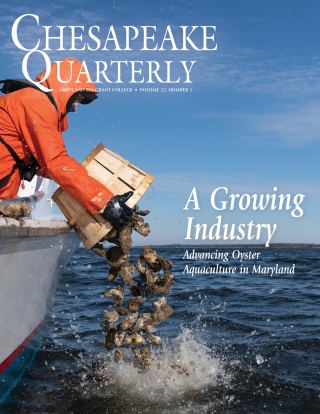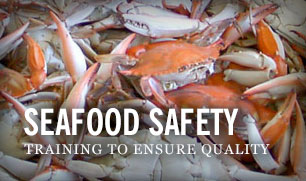Eight students will be presenting the summer work at the Ocean Sciences Meeting in March 2022!
Madeleine Glenna, University of San Diego
Class Year:
2023Mentor:
Laura Lapham, Ph.D.Project Title:
Anaerobic and Aerobic Methane Oxidation Rates Under Varying Temperature Conditions in the Top Sediments of Chesapeake BayAbstract:
Seasonal eutrophication occurs throughout Chesapeake Bay, leaving the bottom waters to be anoxic. Eutrophic waters lead to higher production of methane in the sediments, which is a powerful greenhouse gas that can contribute to global warming if released into the atmosphere. Methane oxidation, a process done both aerobically and anaerobically, transforms methane into carbon dioxide, which is a less powerful greenhouse gas. If the rising temperatures associated with global warming continue on a similar trend, it is possible methane oxidation rates will increase with it. To test this, anoxic and oxic sediment slurry incubations using 13C-enriched methane were conducted under varying temperatures using surficial sediment from the lower Chesapeake Bay. While there was an increase in carbon dioxide associated with increasing temperatures both aerobically and anaerobically, the production of methane measured and the lack of 13C-isotope incorporation into the CO2 pool suggest that methane oxidation was not observed under these experimental conditions. As such, rising temperatures will increase carbon dioxide levels in the sediments of Chesapeake Bay, but it cannot be concluded that these increased temperatures will have a direct effect on methane oxidation.







































